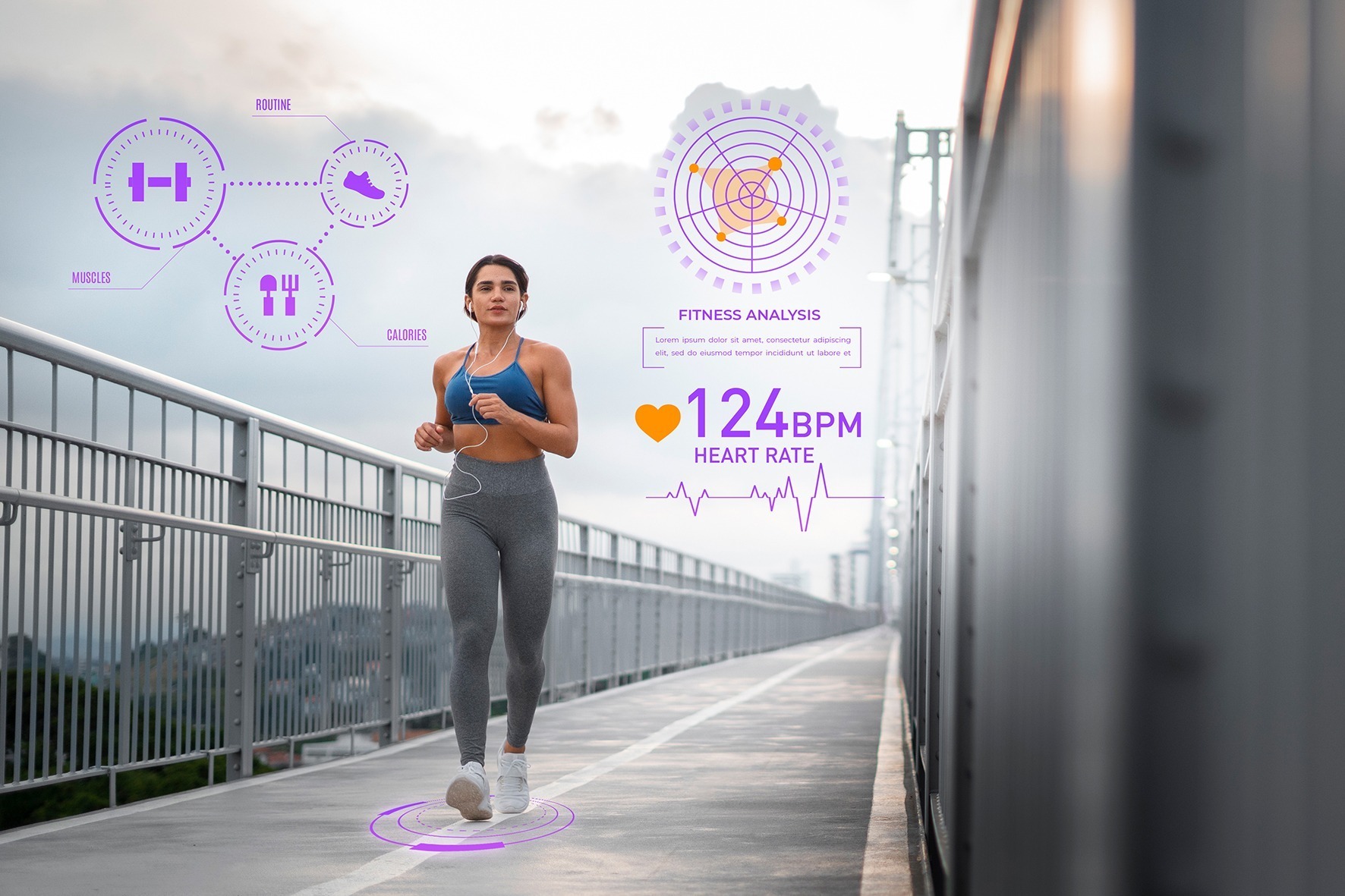The two sides of the Internet of Bodies

Publicado em 30/11/2023 • News • English
Devices that connect the human body to the Internet are revolutionizing health care. The so-called Internet of Bodies (IoB) comes under the umbrella of the Internet of Things (IoT), and it is undeniable that the IoB improves quality of life. These devices monitor the human body, collect health data and other personal information, and transmit the information over the internet.
Smartwatches are a good example of how this technology has become popular. Today, artificial pancreases are already helping to dose the insulin needed by diabetic patients. Devices that connect the brain to the computer could allow amputees to control prosthetic limbs through their minds. But a huge amount of data is being collected and, if there is no adequate protection and regulation, highly intimate information could be exposed and cause serious problems.
One of the risks of IoB is security, as it can be subject to the same flaws as any other technology that uses cloud storage to keep information.
The issue of privacy is another point of attention for experts, as IoB devices can track, record and store their users’ location, bodily activities, and what they hear, see and even think. There are still many open questions about who can access this information and how it can be used.
There are also ethical dilemmas that IoB developers have not yet managed to resolve. All these aspects point to the urgent need for regulation, defining its parameters of use. After all, IoB devices are fairly new, but they are gaining more and more users, and it’s impossible to predict where these devices will end up.

 Portuguese
Portuguese
 Spanish
Spanish
 English
English






















